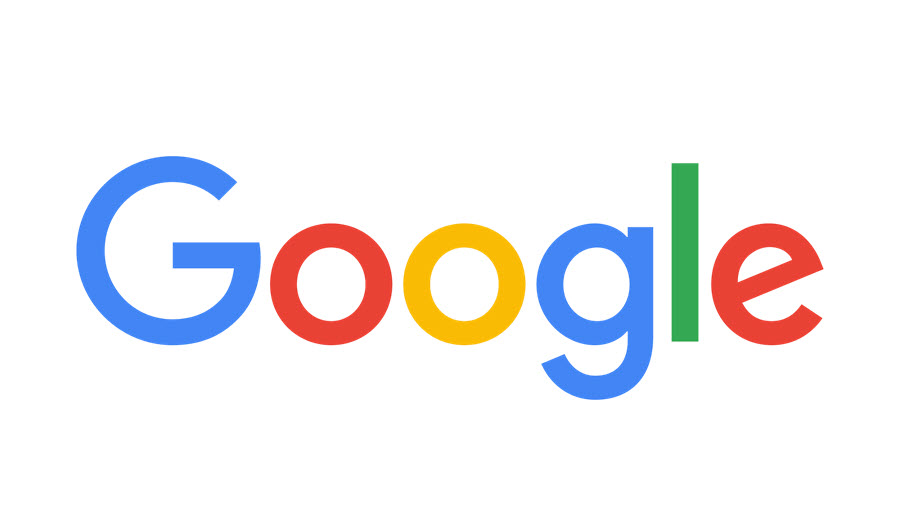Google Seeks Help Saving Free Content Model

The smarter way to stay on top of broadcasting and cable industry. Sign up below
You are now subscribed
Your newsletter sign-up was successful
Why This Matters: Edge providers like Google are seeking a solution to protect privacy without disrupting the free online content business model.
Faced with pressure from Washington over the massive data collection that fuels targeted advertising and, in turn, the free web-content model that the current generation considers something of a birthright, Google says the online ad industry needs to figure out how to protect both privacy and that business model.
If those efforts are successful, it will add fuel to the broadcasters’ arguments that the government should start treating digital advertising outlets like Google and Facebook as direct competitors, a point they have been trying to make to the Justice Department.
Creating a Secure Space
In a blog post, Justin Schuh, director of Google Chrome engineering, said the company wants to create what it is calling a Privacy Sandbox, a way to play with some digital plastic rakes and buckets, as it were, to create a more secure space for their growing share of ad budgets.
Perhaps understating the issue a bit, Schuh said “some data practices don’t match up to user expectations of privacy.”
The sandbox idea comes as social media sites and the search giant are under pressure from Congress, where there is bipartisan support for national privacy legislation but also talk of reining in their business through changes to antitrust and other laws.
The smarter way to stay on top of broadcasting and cable industry. Sign up below
The backdrop also includes privacy breaches and mishandling of data, the $5 billion fine levied against Facebook by the Federal Trade Commission and the ongoing review of edge providers’ business practices by the Department of Justice.
Google’s Schuh suggested that to meet those expectations, edge providers should not simply block cookies, which make ad targeting possible, but instead come up with a set of open standards to “fundamentally enhance privacy on the Web.”
If the edge providers can’t figure out how to protect both, the consequences for ad-supported web content of not being able to milk those cookies for ad revenue could be dire. “When advertising is made less relevant by removing cookies,” Google said, “funding for [web content] publishers falls by 52% on average (based on Google Ad Manager data from May-August 2019).”
Google hopes the sandbox will yield solutions in the following categories:
User Information: Identifying how information is used in the “ad ecosystem” in order to develop privacy-preserving APIs (interfaces that allow applications to talk to each other).
Ad Selection: Exploring ways to deliver ads to large groups of similar people while not sharing individual identifiers that someone is part of such a group.
Conversion Measurement: Measuring an ad’s effectiveness “without letting the advertiser track a specific user across sites.”
Fraud Prevention: Protecting against ad fraud while adding more privacy mechanisms.
Broadcasters are all for privacy, but also for a recognition that online targeted advertising is taking a bite out of their local ad revenue, even in the current chillier climate for edge providers in Washington.
The Justice Department has been looking at spot prices in TV advertising, including settling with Nexstar Media Group and other broadcasters over their sharing of competitively sensitive information. That investigation stemmed from its review of Sinclair Broadcast Group’s effort to buy the Tribune Media stations.
Justice has concluded for the purposes of the just-approved Nexstar-Tribune merger, and other potential mergers in the space, that cable and digital spot ads are not sufficient competition to be included in the relevant product market.
Carnage in Car Sale Ads
Broadcasters counter that behemoths like Google are hardly playing in some other sandbox.
A BIA survey released in April highlighted the growing digital competition in the automotive category vital to local TV coffers. In 2015, BIA predicted that despite “traditional media’s dominance,” digital ads would get about a third of all local automotive ad spending in 2019. It has now upped that prediction to over 40%, and predicts it will be effectively half (49.3%) by 2023.
If it looks like Congress may be stepping in to help determine who is playing in whose sandbox.
The House Judiciary Committee included Google in a massive data request as part of its investigation into whether web giants are using their size and power anti-competitively.
The request includes information on market share of Google’s Ads Data Hub, Ad Mob and Ad Sense and “each of the competitors in any market in which the company offers or sells” those services.
Look for broadcasters to be raising their hands in answer to that question.
Contributing editor John Eggerton has been an editor and/or writer on media regulation, legislation and policy for over four decades, including covering the FCC, FTC, Congress, the major media trade associations, and the federal courts. In addition to Multichannel News and Broadcasting + Cable, his work has appeared in Radio World, TV Technology, TV Fax, This Week in Consumer Electronics, Variety and the Encyclopedia Britannica.

